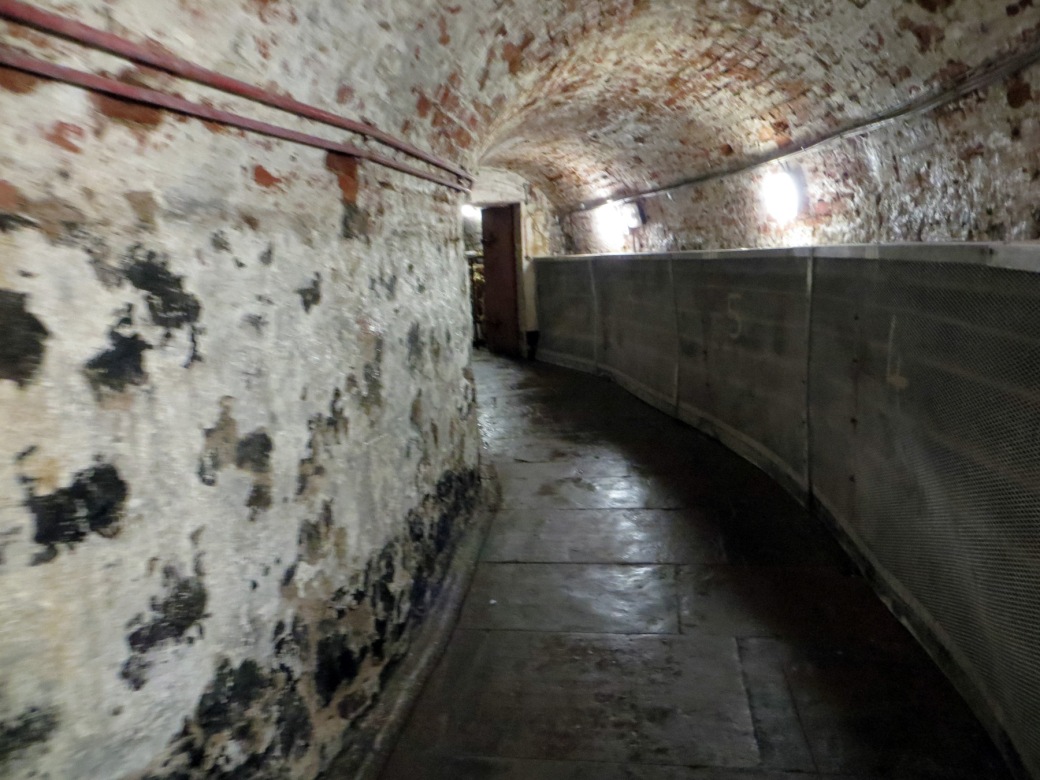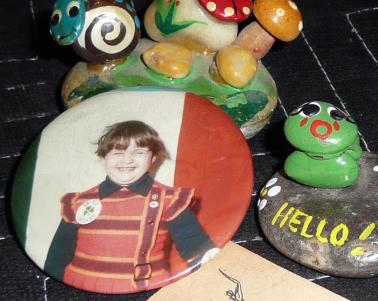It has been a long time since we last spoke. I finally sorted out what the doctoral thesis was about, I think. I submitted it, anyway, in March 2018. Then, I had the oral defense in June 2018. I passed with minor corrections. I spent the summer in the North Country USA working on those corrections and I sent them to the internal examiner for the final review this week. I think I should probably say a bit more than that but for right now, I am going to give you the abstract. I can give you the details later. Things always make a lot more sense in hindsight.

Crumlin Road Gaol, 2015 (Photo: Sarah Feinstein)
ABSTRACT
Present-ing The Past: Cultural Production and Heritage Management of Former Security Sites Maze Long Kesh Prison and Ebrington Barracks, 2000-2015
The research objective of this thesis is to understand how heritage management and cultural policy influence discourses of social recognition and reconciliation in societies transitioning from conflict. Using the case study of Northern Ireland, the thesis aims to explore cultural policy processes for heritage management that are site-specific, that promote social justice outcomes and that engender cultural democracy. It does so through an analysis of the relationship between participation, representation and recognition in six site-specific cultural projects staged post-closure at the former security sites of Maze and Long Kesh Prison (Lisburn) and Ebrington Barracks (Derry/Londonderry). The thesis uses a constructivist grounded theory approach and draws from theoretical work of scholars such as Laurajane Smith, Nancy Fraser, Paul Connerton and Chantal Mouffe to analyse original data from over 60 semi-structured interviews with arts administrators, creative practitioners, policy makers, and academic scholars. Specifically, this thesis seeks to determine what micro and macro impacts the cultural projects under study have had in the symbolic landscape of the cultural public sphere in Northern Ireland, as well as the effect they have had on the individuals who were involved in their production and reception. The dynamics of understanding heritage management through this lens offers unique insights into culture’s relationship to peacebuilding for societies transitioning from political violence and can make a contribution to the broader discourses of critical heritage studies and cultural policy.
